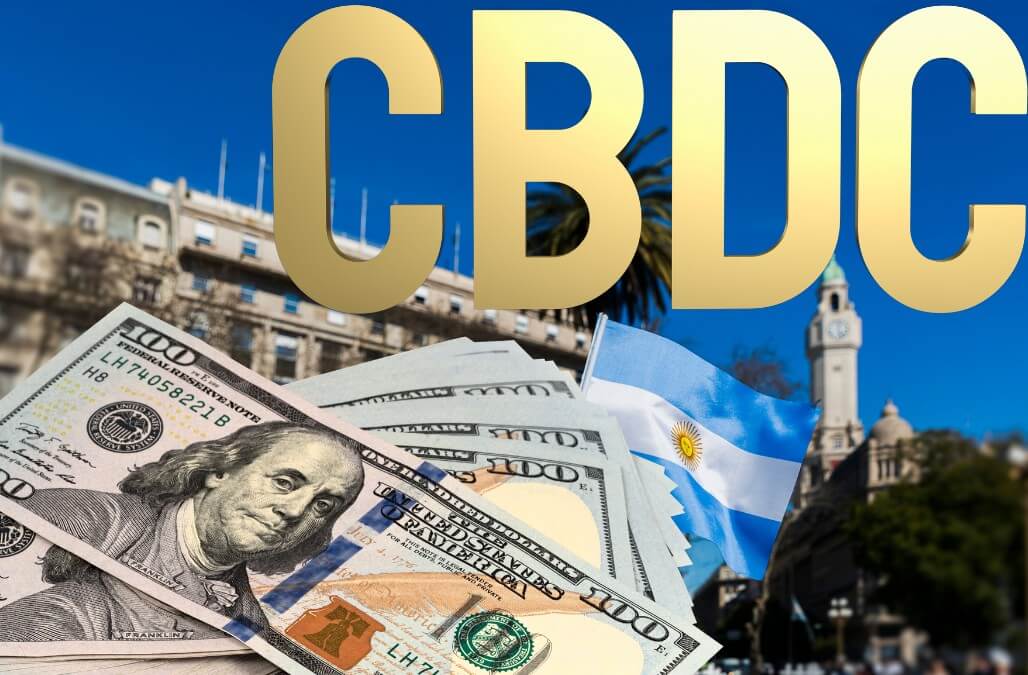The upcoming presidential election in Argentina, scheduled for October 22, holds significant economic implications. Sergio Massa, Minister of the Economy and presidential candidate for the Union for the Homeland party has committed to introducing a central bank digital currency (CBDC). This proposal comes amid Argentina’s long-standing struggle with hyperinflation, making monetary policies a focal point of election campaigns.
In contrast, Massa’s main rival, Javier Milei of the Libertarian Party, advocates for a different approach. He aims to abolish the central bank and implement dollarization to stabilize the economy. This divergence in economic strategies underscores the critical decisions facing Argentina in the upcoming election.
Argentina’s presidential candidate vows to introduce CBDC
Argentine Economy Minister Sergio Massa has affirmed that launching an Argentine digital currency will be a top priority if he emerges victorious in the elections and assumes the role of the country’s next president.
Massa stated that they will launch the Argentine digital currency, emphasizing that this move aligns with the platform’s aim to facilitate economic transactions via mobile phones or cards, making it accessible to all of Argentina.
He further outlined that this digital currency would be accompanied by a money laundering law allowing individuals abroad to repatriate and utilize funds freely without incurring additional taxes. In closing, Massa promised that users conducting economic transactions with the Argentine digital currency would receive a tax reduction.
It’s worth noting that well-designed central bank digital currencies have the potential to enhance the convenience, flexibility, and efficiency of payment systems. They can also contribute to increased financial inclusion, particularly in Latin America and the Caribbean.
If Massa wins the election, the timeline for implementing a CBDC in Argentina remains uncertain. Currently, the country is still in the research phase regarding CBDCs. Political discussions on this topic have been relatively muted until the onset of election campaigns.
Meanwhile, Brazil, the largest economy in South America, has been actively conducting CBDC pilot tests in collaboration with 16 commercial banks since early March. The outcomes of these trials could potentially establish a model for other countries in the region.
Milei’s radical dollarization plan
Javier Milei, the leading contender for Argentina’s presidency, advocates for a core policy of dollarization, which entails dissolving the country’s central bank, discarding the peso, and adopting the US dollar as the official currency. The aim is to curb the rampant inflation that has plagued Argentina’s economy for years.
However, independent analysts, economists, and opposition figures question this proposal. They point out that the central bank currently holds very few dollars in reserve. A previous attempt at dollarization failed 24 years ago due to an economic crisis and a run on the peso, leading to the collapse of a currency board. Additionally, Argentina faces challenges in repaying a $57 billion loan to the International Monetary Fund (IMF) agreed upon in 2018 and renegotiated in 2022. That makes it highly unlikely for further financial support for dollarization.
Critics also argue that dollarization alone will not address the underlying fiscal imbalances that have led Argentina to default on its debt nine times, including three times in the past two decades.
Milei and his advisors vehemently assert a different perspective. Emilio Ocampo, the economist in charge of Milei’s dollarization plan, contends that neither central bank reserves nor a multi-billion-dollar international loan would be necessary to implement the new system. He argues that Argentines hold over $200 billion in savings and deposits abroad. Once this money is put into circulation, it can be used, for example, to pay taxes, thereby providing the Treasury with the necessary currency to move forward with the process.
However, in the event of dollarization, various foreign exchange restrictions and barriers would be removed. The central bank would lose the ability to print money, and its holdings would be converted from pesos to dollars. Its role as the custodian of reserves would also be relinquished. Instead, a special purpose vehicle named the Monetary Stabilization Fund would be established overseas, likely in a country such as Switzerland, Luxembourg, or Ireland, as outlined by Ocampo.
This fund would be over-collateralized at a 4-to-1 ratio, and the incoming cash flows would be allocated toward debt repayment. Ocampo envisions transitioning to the US dollar would enable Argentina to settle all its debts with the Monetary Stabilization Fund within four to five years. If achieved, this would represent the largest debt cancellation in Argentina’s history without resorting to default.





